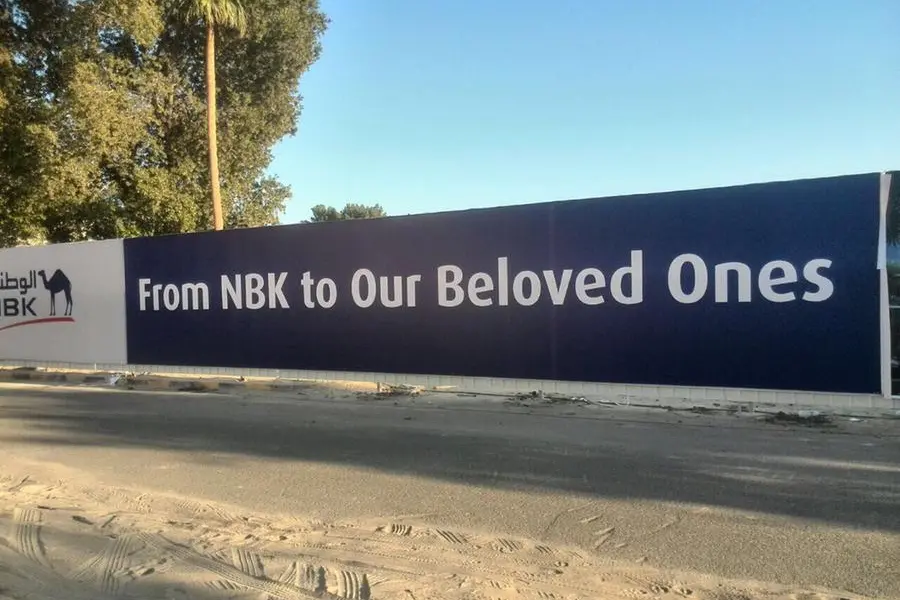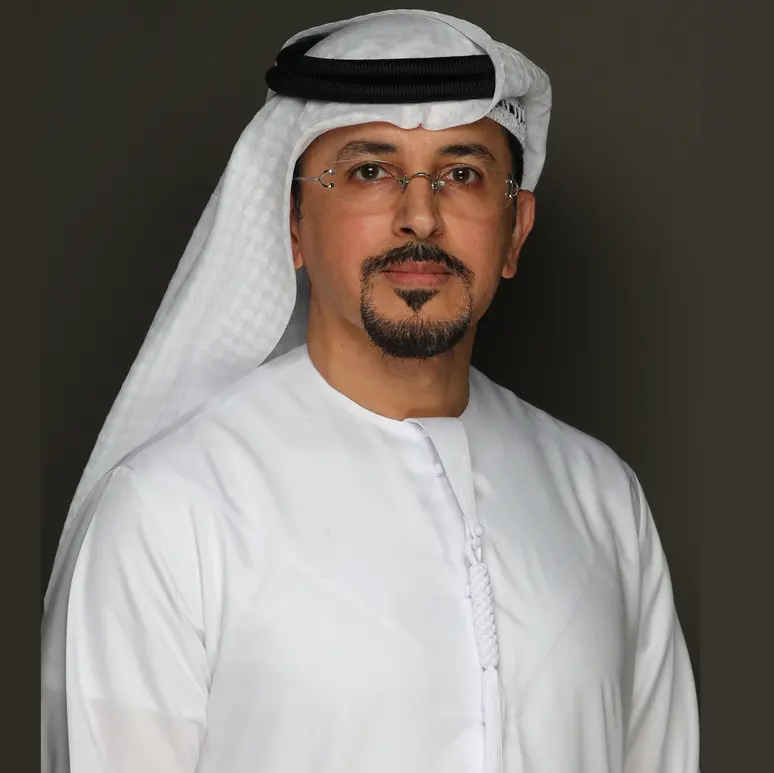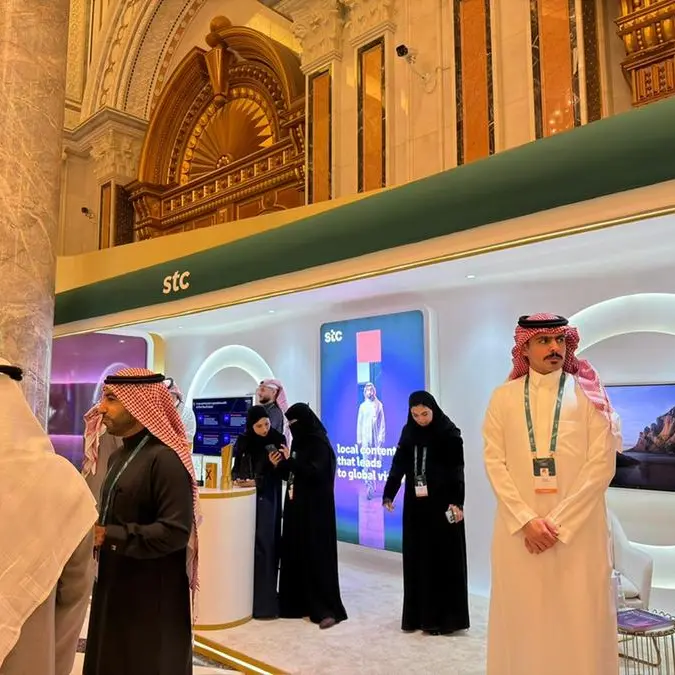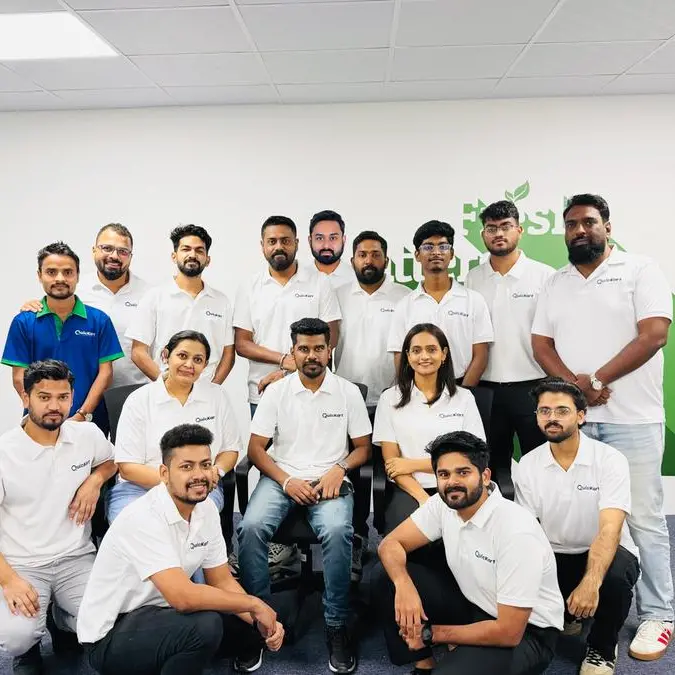PHOTO
- Consultant Pediatric Hematology and Oncology and Director of NBK Hospital
- Stem Cell Unit made 33 transplantation operations since opening in October 2020
- We follow the British protocol in the treatment and rehabilitation of leukemia patients, adhering to the highest international standards
- We maintain highly professional medical staff who are capable of dealing medically and psychologically with patients and their families
- The day-care clinic is open 24 hours for the hospital’s patients receiving medication doses or blood transfusions
- The hospital includes 68 beds in public and private rooms for patients requiring long hospitalization
National Bank of Kuwait (NBK) continues to present a role model for leading corporations in fulfilling corporate social responsibility, taking new remarkable steps in the way of its consistent contributions at all levels, especially the improvement of healthcare. In this context, the bank is making significant strides, culminated in NBK Children’s Hospital, which is preparing for opening a new building, whose cost is fully provided by NBK.
In this regard, Dr. Ali Mulla Ali, Consultant Pediatric Hematology and Oncology and Director of NBK Hospital, highlighted the latest developments in the hospital, future expansion plans, NBK’s contributions to the continuous development of the hospital, and its generous donation.
Dr. Mulla Ali said: “NBK gives a role model in delivering on CSR commitments, as clearly demonstrated in its great edifice NBK Children’s Hospital.”
“The growing need to provide healthcare for clinical cases in line with the highest medical standards, necessitated to expand the hospital. As usual, NBK, which is leading the way in fulfilling CSR commitments, especially related to healthcare, made a generous donation of KD 13 million, giving the go-ahead to start planning for the third Building (C) on an area of 8,000 sqm,” he added.
Integrated care
Dr. Mulla Ali reviewed all the details related to NBK Children’s Hospital as well as the services it provides, explaining that the hospital currently consists of two integrated buildings; the first Building (A) was opened 20 years ago and includes 3 wards, patient beds, and an accident and emergency unit working around the clock for patients registered in the hospital, in addition to a pharmacy, specialized labs, and a branch of the radiology department.
The second Building (B), it was built in 2017 and includes outpatient clinics, the main pharmacy, a stem cell lab, a stem cell transplant ward, and a day care clinic open 24 hours for the hospital’s patients receiving medication doses or blood transfusions and other services, in addition to administration offices.
As for the third Building (C), which is the planning and design phase, it is scheduled that all wards will be moved to it after construction, and there are other details that will be discussed later, such as the number of beds in the new building. These bed will be sufficient according to the available statistics and the expected increase in the number of new patients over the coming years, to provide all patients with high-quality healthcare, while all administrative departments will be moved later to Building (A).
The hospital includes around 68 beds for patients distributed into public rooms and private rooms for patients who need long hospitalization separately. It also includes the nursing, pharmacy, physiotherapy, medical records and medical devices departments, in addition to the administrative departments that regulate workflow such as public relations, administration, stores and hotel services.
Medical and technical staff
Dr. Mulla Ali talked about the hospital’s medical staff, noting that the hospital is considered small compared to other hospitals in Kuwait in terms of the workforce, as the number of doctors is around 34 doctors, whereas the number of the nursing staff ranges between 140 to 150 nurses, and as a specialized hospital, the working staff is sufficient to provide due care to all patients.
“NBK Children’s Hospital receives all cases of leukemia and cancerous tumors from all hospitals and areas of Kuwait, as it is the only center that receives these cases, in addition to including a stem cell transplantation center for children under the age of 16,” he explained.
Stem Cell Unit
Dr. Mulla Ali said: “The idea of the Stem Cell Unit came as a result of planning and work over many years, as the hematology and oncology unit was affiliated to the children’s department in Al-Sabah Hospital, which the former Minister of Health, Dr. Hilal Al-Sayer, separated to become a specialized department within the hospital.
After NBK’s donation, preparations began for Building (B) of NBK Hospital, allocating part of it to the stem cell unit, and a joint work team was formed from NBK, Engineering Affairs and the Ministry of Health to prepare and plan the new building until it was equipped and opened in 2017. The hematology and oncology department was completely separated from Al-Sabah Hospital technically and administratively, assigning a management team to the hospital and its affiliated technical and administrative departments until it took its final form, which is now known as NBK Specialized Children’s Hospital, Building A and Building B.
Dr. Mulla Ali reported that the stem cell unit receives all patients living in Kuwait, and has so far made transplantation operations for 33 cases since opening in October 2020.
Rehabilitation
Touching on the details of the work and services provided by the hospital, Dr. Mulla Ali said: “The role of the hospital is not limited to diagnosis, but extends to rehabilitation, especially since cancer patients need long periods of treatment which differ according to the condition of each patient, and they also need special and accurate care and treatment, as well as their families.”
Dr. Mulla Ali added: “One of the most difficult situations for doctors is when they inform the family that their child has cancer, so we prepare for such an interview carefully, where we sit with the parents and explain to them all the details of the treatment plan, because there are cases that need to be treated for months and others that require years, and other cases which require hospitalization for one or two months, then they are discharged and visit the hospital for separate treatment sessions.”
“The hospital’s nursing staff are highly experienced in dealing with children with cancer and their families. We also engage with a team from Bayt Abdullah for the Care of Children in Hospice (BACCH), and Kuwait Association for the Care of Children in Hospital (KACCH) to deal with children and their families, rehabilitate them, and inform them of future steps and how the child can be prepared to repeated medications and long periods of hospitalization, and how to spend their time, in addition to the rooms for games and entertainment facilities,” he continued.
Treatment abroad
Dr. Mulla Ali explained that NBK Hospital resulted in a reduction in the cases of treatment abroad, after patients found treatment protocols and medical care that are on par with the highest international standards, stressing that the protocols are updated periodically, and yet there may be incurable cases, which need to travel abroad for treatment.
Mulla Ali revealed that the hospital has built an advanced database including annual statistics showing the number of cases of cancer and their types, which helps in processing and expanding to accommodate future cases. The new building is being planned according to the available statistics.
British protocol
Regarding the treatment protocol used, Dr. Mulla Ali stressed that NBk Children’s Hospital follows the British Protocol for Leukemia, which is updated periodically in accordance with what is in force in the United Kingdom, pointing out that the hospital’s management is committed to adhering to the highest international standards in providing medical care for the patients and their families.
He also stressed the importance of prevention and informing the public of the symptoms that require medical examinations and consultation, noting that the hospital always strives to provide the utmost caring for the patient children as well as psychological support to their families.
Consistent Support
NBK contributes to supporting the hospital by continuing to invest in developing all its units and sponsoring all its activities that go beyond treatment services to include various activities aiming to alleviate the suffering of patients and their families.
NBK had provided a donation to establish a stem cell therapy unit for children under the age of 16, in an initiative that is the largest all over the local private sector. Throughout that period, the unit continued to provide its services for free, which contributed to strengthening the hospital’s role in the field of treating patients, applying safety standards, developing research, and providing the best international standards of care for patients and their families.
Prevention Is Better Than Cure
- Maintain good nutrition, exercise regularly and get adequate sleep.
- Keep children up to 5 years away from smartphones and television.
- People over the age of 5 should not watch TV and smartphones for long.
- Parents should quit the behaviors causing harm to children’s health, like smoking.
- Reduce pollution and increase green areas in Kuwait.
-Ends-



















